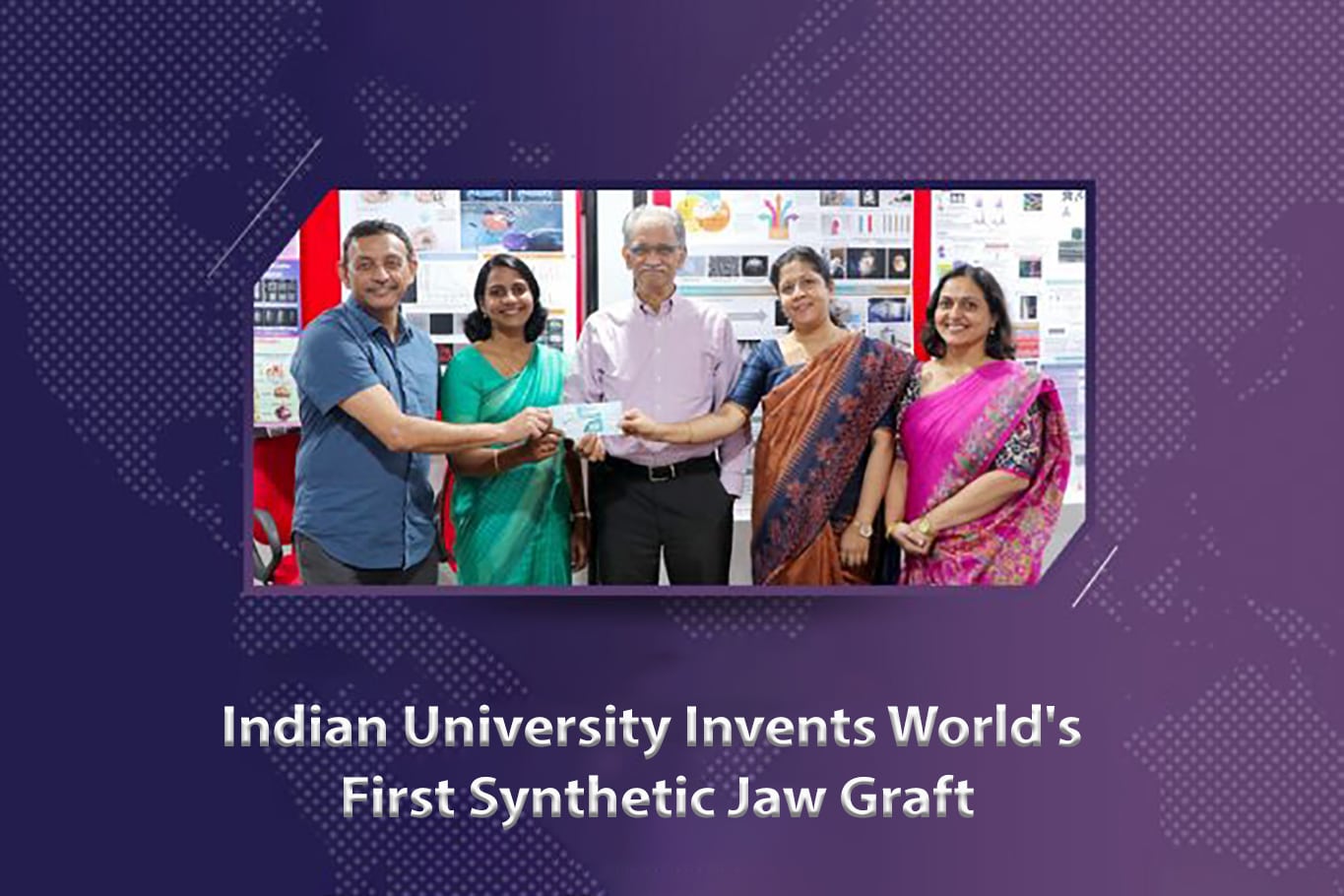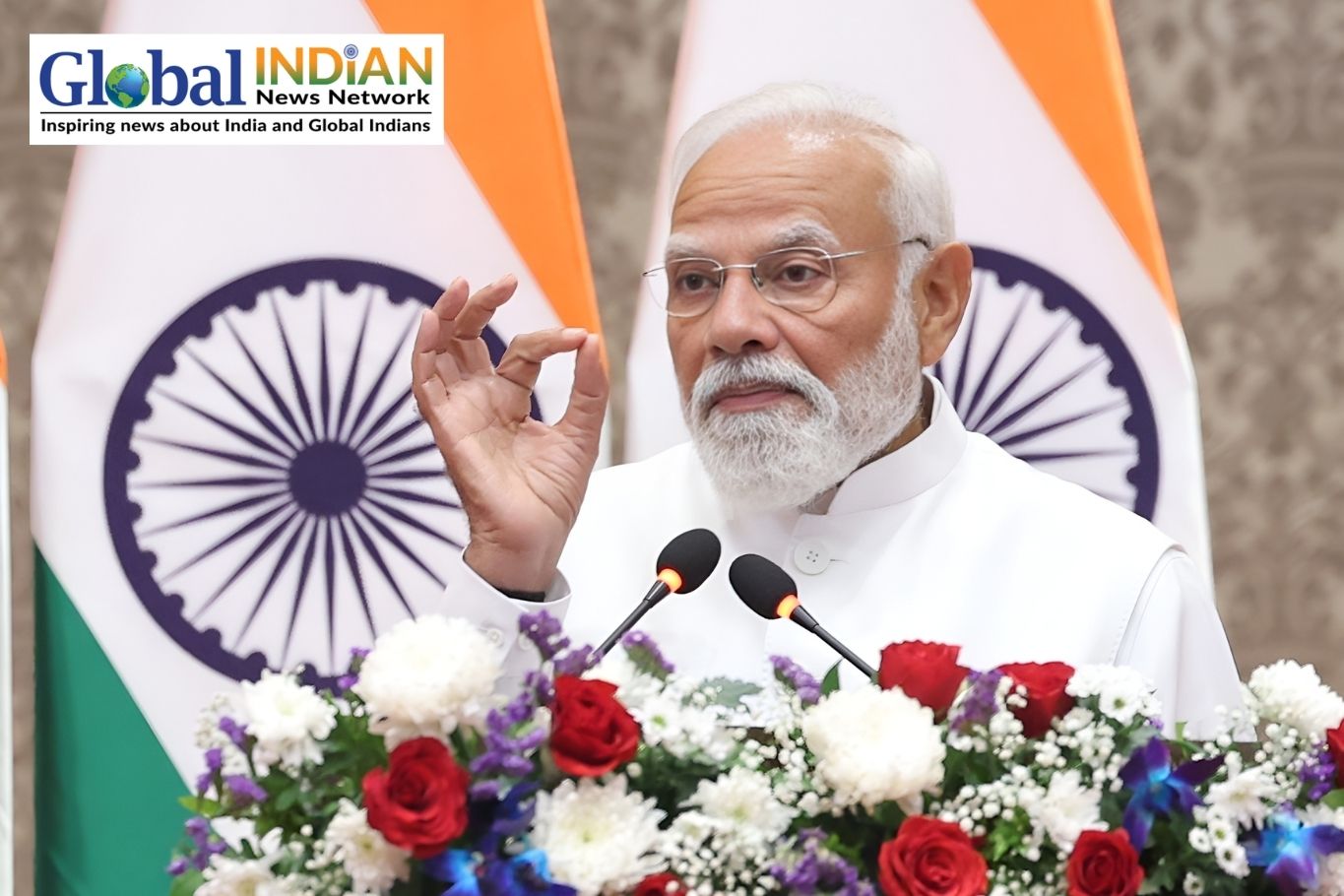
Amrita Vishwa Vidyapeetham, a research-oriented private university in India, has pioneered Nanotex Bone, a synthetic bone graft, which addresses a critical need for patients who have lost parts of their lower jaw (mandibular bone) due to cancer, injuries, or trauma.
This groundbreaking invention has received patents and clearance for clinical trials, set to be conducted over two years at Amrita School of Medicine and Amrita School of Dentistry in Kochi. A collaborative effort involving medical students at various stages of development, from design to regulatory and production, brought Nanotex bone graft to fruition.
The significance of the Nanotex graft lies in the rising incidence of oral cavity cancer, with 135,929 new cases diagnosed annually and an 8.8 percent mortality rate. The International Agency for Research on Cancer (IARC) predicts a surge in oral cancer cases in India, surpassing 1.7 million by 2035 due to increased tobacco use. Additionally, road traffic accidents frequently result in facial trauma, necessitating facial reconstruction surgery for approximately 50 percent of victims.
Dr. Subramania Iyer, professor and chairman of plastic and reconstructive surgery, and head and neck surgery at Amrita School of Medicine, stated, “The development of Nanotex bone graft and its journey to clinical trials spanned a decade. This product, beneficial for mandible augmentation, will greatly assist 50-60 percent of jaw cancer patients. It will also benefit oral cancer patients, responsible for 25 percent of cancer-related deaths in India, and victims of road accidents requiring facial reconstruction due to orofacial trauma. The method won’t significantly increase treatment costs but will substantially enhance patients’ quality of life.”
The Nanotex graft resulted from collaboration between Amrita School of Nanosciences, Amrita School of Medicine, and Amrita School of Dentistry, Kochi. Initial funding came from the Government of India’s Department of Sciences and Technology, while Biotechnology Industry Research Assistance Council (BIRAC) supported the translational large animal testing and regular testing phases.









